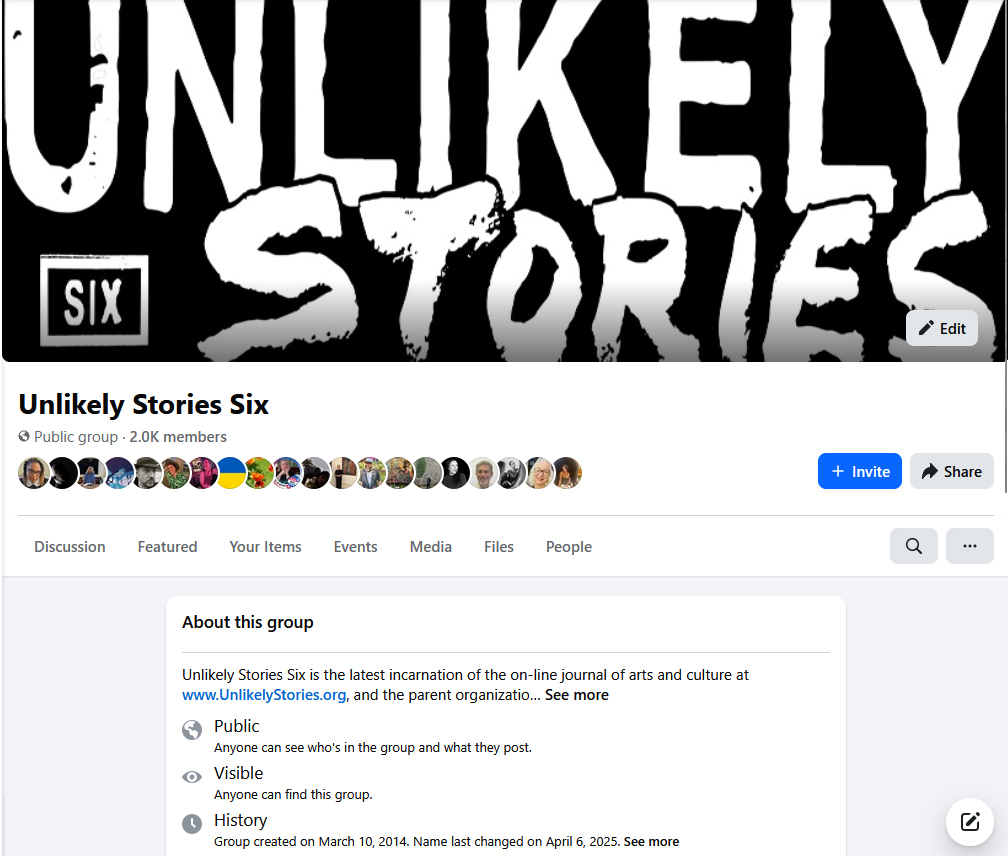Doreen appeared as a contestant in 1970. What about your own improbably particular life? You may think the probabilities speak for themselves but would you be willing to switch, to change an important choice in your life, something you couldn’t have known the outcome of, for 500 dollars? 700? 1000? How are you feeling now about that elusive thing, randomness and what lay behind some long-ago curtain you never chose? Are you hooked, as the audiences of 1970 were hooked? Or are you better, more resistant to psychological manipulation, than that?
There’s a peculiarly modern kind of alienation built into losing in a contest deemed by the authorities to be fair. It’s enough to make you think unkind thoughts about whether the people who planned the game, the choices and the methodology were the kind of people who did well in school, comfortable with authority, able to slide frictionlessly into careers where they could use their skills to give a gloss of objectivity and fairness to important decisions by the powerful. These were probably the kids who strove to please their teachers by handing in “A” papers. Did anyone who hated school and secretly wanted to give their teachers the finger ever become an actuary? Is this a caricature, an invitation for the losers to resent authority and its smooth-talking advisers even more than they already do? I’m really talking about the elite vs populist perspective, the clash between the lawgiver and creator of official logic and official justifications vs the ones who resent being told what to do. That this has all kinds of implications, political and otherwise, in our measured, rulebound world, shouldn’t need saying. Just ask the NAFTA’s losers, living in ground-down former industrial towns. Or wait to see how they vote. Certainly the concepts of measurement and objectivity play an important role in creating and reinforcing authority, a process that can be used by the powerful to preserve, if not their own power, then the role of authority itself.





Add comment